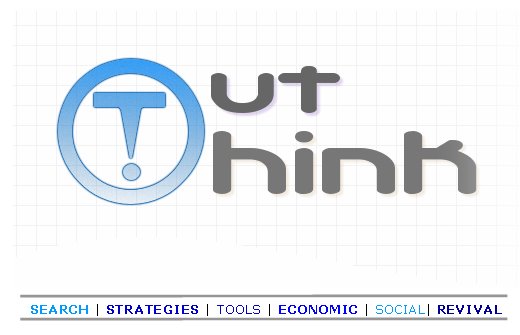Consider this:
You’re selling a house, so you put it on the market and you get a high offer of R1 million, but you know if its fixed up a bit you could get as much as R1.5 million. So to sell at its highest value, you hire a consultant/designer/whatever [lets call her Sue] to help you with it.
Sue puts together a list of everything you can do that will help and gives it to you. Her list looks something like this:
- general maintenance and repairs – R50,000
- new paving – R50,000
- waterproof and paint roof – R50,000
- garden landscaping – R100,000
- and the cost of employing Sue for the whole time is R50,000.
Total expected cost R300,000.
Two possible scenarios
Scenario 1 – You trust your vision
You dislike the idea of spending an extra R300,000 when all you actually want to do is make more money. You tell Sue to only spend R30,000 on general repairs and maintenance, and forget the rest. She does this and then resigns from the job [so you cut her fee to R20,000 citing any number of legal arguments]. In total you spend R50,000 and after a few weeks of waiting, sell the house for R1.2 million. You give yourself a pat on the back for your excellent money-making skills and the fantastic R150,000 windfall. Well done.
Scenario 2 – You trust Sue [the expert that you hired] and back her
You tell Sue to go ahead. She gets everything done, total cost comes in at the R300,000 and the place sells straight away for R1.7 million. You and Sue see how well you work together, and with the extra profit of R400,000 you start a successful renovation business together that just takes off.
This begs the question...
...what if that house is actually your business [sure, perhaps you’re not trying to sell, but you are trying to maximise its value]. And what if Sue is actually one of your top employees. While your decisions might seem good at face value [extra R150,000 cash], are you sure that they are the best decisions, and that you’re not actually missing out on so much more value [extra R400,000 cash]? Open your mind to this possibility.
To me, the moral of the story – as a great business leader, its not only important to surround yourself with people who are better than you. You must also encourage them, support them and trust them [and the other difficult one – back them with cash when its required]. Because you can go 98% of the way [choose the right people, the right business, get the right tools in place, etc], but if you don’t do that last 2% and finish strong [empower your stars], its all for nothing really.
.bmp)


1 comment:
Brilliant post!
The way in which you as a business owner make decisions impact vastly not only on adding value to your business but also on your ability to retain staff.
Talented staff look for a griping vision, strong leadership, challenge, stimulation, recognition, and of course resources to turn ideas into reality. In addition they want to be trusted for their skill and ability. It is after all why you hired them!
I look at some companies and the phrase "penny wise pound foolish" comes to mind.
Post a Comment